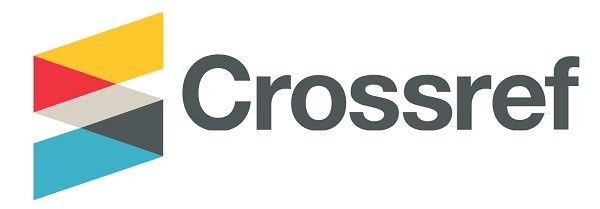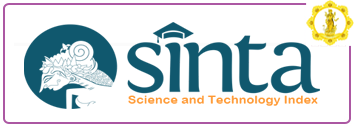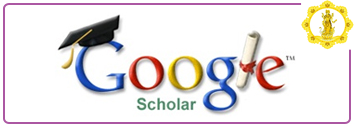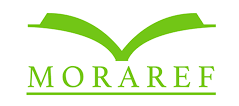RELEVANSI KURIKULUM MERDEKA DENGAN PEMIKIRAN FILOSOFIS KI HADJAR DEWANTARA
DOI:
https://doi.org/10.25078/sa.v4i2.2452Keywords:
Merdeka Curriculum, “Merdeka Belajar”, Ki Hadjar DewantaraAbstract
Education is a means to achieve the goal of a better life. That is, through education, humans will realize the potential that is born in each individual. Thus, planning education today is preparing future generations. Thus, the importance of education in all aspects of human life. Therefore, careful educational planning is needed as well as forms of educational adjustment to current conditions. The most important thing to note in education is the curriculum that will affect the implementation of that education. Until now, education in Indonesia has undergone eleven curriculum changes. And now begins the enactment of the “Merdeka Curriculum”. Efforts to explore the philosophical meaning of this “Merdeka Curriculum” are the focus of this research. Through qualitative research methods with a philosophical hermeneutic approach, the results in this study indicate that the “Merdeka Curriculum” has the same principles as Ki Hadjar Dewantara’s view of education. This can be seen in the meaning of learning formulated by Ki Hadjar Dewantara with a “Merdeka Curriculum”, namely learning is an effort to cultivate all the natural potential possessed by students. So that the meaning of teaching is to guide students to be able to realize the uniqueness and natural nature of students. The role of students in this context is active and independent in the learning process, and the role of the teacher is as a guide, facilitator, and also motivator for students.
References
Bakker, A., & Zubair, A. C. (2007). Metodologi Penelitian Filsafat. Yogyakarta: Kanisius.
Dewantara, K. H. (2004). Pendidikan. Cetakan Ketiga Majelis Luhur Persatuan Taman Siswa, Yogyakarta.
Dewantara, K. H. (2009). Menuju Manusia Merdeka. Yogyakarta: Leutika.
Freire, P. (2007). Pendidikan Kaum Tertindas. Jakarta: LP3ES.
Kurniasih, I. (2022). A-Z Merdeka Belajar + Kurikulum Merdeka. Jakarta: Kata Pena.
Mulyasa. (2022). Menjadi Guru Penggerak Merdeka Belajar. Jakarta: PT Bumi Aksara.
Murtiningsih, S. (2004). Pendidikan Alat Perlawanan: Teori Pendidikan Radikal Paulo Freire. Yogyakarta: Resist Book.
Rahardjo, S. (2020). Biografi Singkat (1889-1959) Ki Hadjar Dewantara. Sleman: Garasi House of Book.
Rahayu, R., Rosita, R., Rahayuningsih, Y. S., Hernawan, A. H., & Prihantini. (2022). Implementasi Kurikulum Merdeka Belajar di Sekolah Penggerak. Jurnal Basiedu, 6(4), 6313–6319.
Siswadi, G. A. (2022a). Konsep Merdeka Belajar dalam Kurikulum Merdeka ditinjau dari Perspektif Filsafat Pendidikan Ki Hadjar Dewantara dan Relevansinya dengan Penguatan Karakter Pelajar Indonesia. Yogyakarta: Fakultas Filsafat Universitas Gadjah Mada.
Siswadi, G. A. (2022b). Pendidikan yang Membebaskan dalam Pandangan Ivan Illich: Suatu Kritik Terhadap Sistem Dehumanisasi dalam Pendidikan. Sang Acharya: Jurnal Profesi Guru.
Suparno, P. (1997). Filsafat Konstruktivisme dalam Pendidikan. Yogyakarta: Kanisius.
Widyastuti, A. (2022). Merdeka Belajar Pendidikan Anak Usia Dini dan Implikasinya: Merdeka Belajar, Merdeka Bermain. Jakarta: PT Elex Media Komputindo.
Zed, M. (2004). Metode Penelitian Kepustakaan. Jakarta: Yayasan Obor Nasional.
Downloads
Published
Issue
Section
License
Copyright (c) 2023 Sang Acharya: Jurnal Profesi Guru

This work is licensed under a Creative Commons Attribution-NonCommercial-NoDerivatives 4.0 International License.












